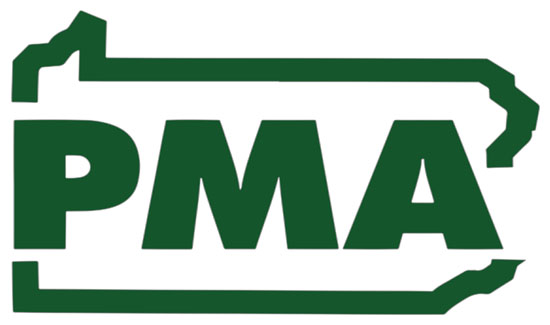Teacher Unions to Benefit from Wolf Charter School Power Grab, Not Students

When the teachers’ unions contributed $4 million dollars in political money to Governor Tom Wolf, it shouldn’t be surprising that his executive order to thwart charter schools comes straight from their playbook.
In announcing the orders, and pending legislation in August, the governor cited the rising costs of the charters but left out two points that would have undermined the union messaging. First, that costs have risen because the charters are an increasingly attractive alternative to traditional public schools (TPS), much like the EITC scholarship program (he recently vetoed an expansion of it using the same cost argument). And second, that both programs, which have long waiting lists, cost taxpayers considerably less than the district schools. Charters, on average, spend 20 percent less than the $17,500 per student the districts spend. The average EITC scholarship amounts to less than $2,000 per student.
“Charter schools have the ultimate accountability: if parents are not satisfied with the educational experience their kid is receiving, they can remove that student and the tax dollars allocated for that student will follow,” said David N. Taylor, PMA President & CEO. “All public schools should be accountable, both for fiscal stewardship and for student educational achievement. Sadly, Gov. Wolf’s only goal is to put charter schools on a path to extinction, denying choices for Pennsylvania students and families who need something different than what is available in their zip-code based public schools.”
The teachers’ unions and the governor cited a Stanford University study published this past spring that cited weak performances in some charters, but they conveniently ignored a finding in the same study that brick-and-mortar charters outperform comparable district-run schools. The study also warned against taking a wrecking ball to the schools.
The governor’s actions are certainly more punitive than constructive, and at least one is illegal – it allows the districts to limit charter enrollment.
The law states that “enrollment of students in a charter school or cyber charter shall not be subject to a cap or otherwise limited by any past or future action of a board of school directors…”
In another instance, he’s implemented a fee on charters that appeal to the Department of Education when districts illegally withhold funding for charter school students.
“We’ve had to make that request over 13,000 times in the past seven years,” says Ana Myers, Executive Director of the Pennsylvania Coalition of Public Charter Schools
Essentially, the governor is placing a moratorium on charters with a proposed $86,000 application fee for new schools. Worse yet, there’s more to come with legislation he plans to introduce in the coming weeks.
It’s all being done without even a whisper of involvement from the charters themselves.
“The executive orders came out of the blue,” Myers said, “and the administration has asked for no input from us on the legislation.”
All agree changes are needed in the 22-year-old charter school law. In June, the House approved a package bills including one that increases transparency and accountability, and the Senate approved legislation that would establish a charter school funding commission.
The legislative initiatives include improvements to a system that’s already working, especially for students of color. Black students account for 43 percent of the charter school population in Pennsylvania, the Commonwealth Foundation reports, and most of their schools are outperforming TPS — almost half of the charter schools in Pennsylvania outpace their TPS counterparts in reading, while one third of charter schools outpace their local TPS counterparts in math.
At the same time, the Commonwealth Foundation points out that some of the school districts, especially many of the larger ones, continue to lack accountability and transparency and remain poor performers despite all the additional money the taxpayers have been pumping into the public system; state support for public schools has grown by $2.4 billion since 2015 when funding was already at a record high.
A few examples per the Commonwealth Foundation:
- An audit of Harrisburg city schools documented $2.6 million in “potential questioned costs,” and an additional $2.5 million in “unsupported expenditures” despite years of state oversight. The FBI has now stepped in to investigate.
- In Pittsburgh, Superintendent Anthony Hamlet brought Pittsburgh educators on an unauthorized vacation to Cuba, spent “millions on dozens of contracts without competitive review,” and has been a paid consultant for companies that were awarded district contracts. Meanwhile, Pittsburgh students test far below state averages.
- The Scranton School District similarly came under fire for no-bid contracts, lax inventory management of IT equipment, and “gross financial mismanagement.”
- Rather than proposing to lift all schools to a higher standard, the governor and the unions would rather drag all schools down to a standard that no amount of money can improve.
To use Governor Wolf’s campaign rhetoric, charter schools are in fact “schools that teach.” They often teach the most vulnerable students in our school systems; students that have been otherwise failed. Charters ought to be called upon to be part of the solution, not falsely villainized as being the problem.






